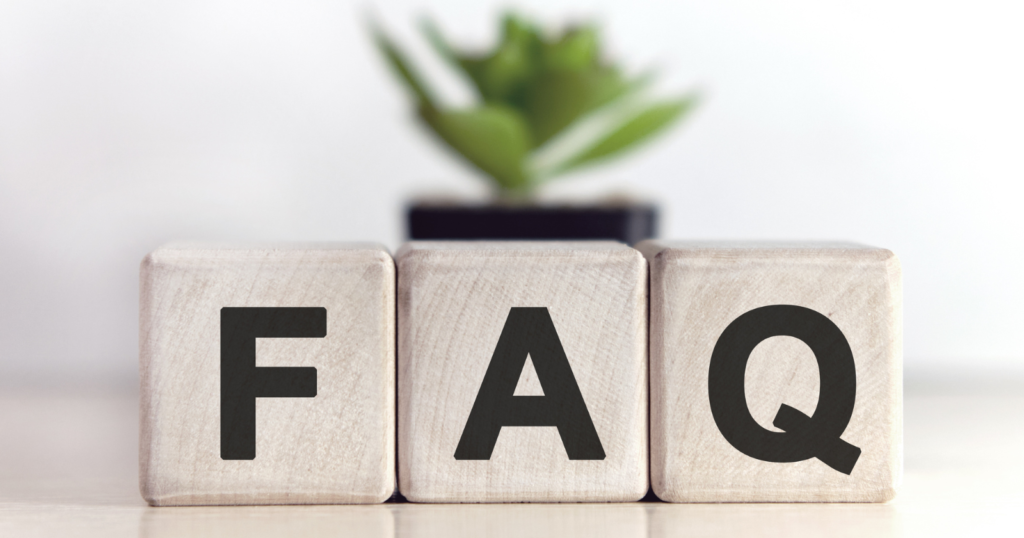
While meticulously planning for retirement, including investments in bonds and commodities, is crucial, it’s equally important to consider the distribution of your assets after you’re gone. Estate planning, often overlooked, is a cornerstone of a secure and comprehensive retirement strategy. Proper estate planning ensures that your hard-earned assets are distributed according to your wishes, providing for your loved ones and minimizing potential legal complications. This guide will delve into the importance of estate planning and explore the critical roles of wills, trusts, and beneficiaries. Understanding how these elements intertwine with retirement savings is essential for creating a holistic financial plan in Bond. It will provide clear instructions on the distribution of your assets, helping to prevent disputes among heirs. Trusts can offer more sophisticated mechanisms for managing and protecting your wealth, often providing tax benefits and ensuring a smoother transition of assets. Designating beneficiaries for your retirement accounts and insurance policies is equally important, as it directs the transfer of these funds efficiently and according to your intentions. By incorporating comprehensive estate planning into your retirement strategy, you secure your financial legacy and provide peace of mind for yourself and your family. This guide aims to equip you with the knowledge and tools necessary to navigate the complexities of estate planning, ensuring your retirement savings are managed and distributed in alignment with your goals and values.
The Importance of Estate Planning in Retirement
Estate planning is not merely about distributing assets after death; it’s a comprehensive strategy to ensure your wishes are honored, your loved ones are protected, and your legacy is preserved. For retirees, it takes on added significance.
- Protecting Your Legacy: By carefully considering how your assets will be distributed, you can ensure your wealth is passed on according to your wishes, minimizing potential disputes among heirs.
- Minimizing Estate Taxes: Effective estate planning can help you reduce the estate taxes your beneficiaries must pay, preserving more of your hard-earned wealth.
- Providing for Loved Ones: Estate planning allows you to designate guardians for minor children, provide for disabled family members, and ensure the financial well-being of your dependents.
- Peace of Mind: Knowing that your affairs are in order can provide significant peace of mind during retirement.

Wills, Trusts, and Beneficiaries: Key Components of Estate Planning
- Wills: A legal document outlining how your assets will be distributed after your death; wills are a fundamental component of estate planning. However, they are subject to probate, a legal process that can be time-consuming and costly.
- Trusts: A trust is a legal arrangement where you transfer assets to a trustee, who manages them to benefit designated beneficiaries. Trusts can offer various advantages, including asset protection, tax benefits, and probate avoidance.
- Beneficiaries: Designating beneficiaries on your retirement accounts, life insurance policies, and other assets is crucial. This ensures that your assets pass directly to your chosen beneficiaries without going through the probate process.
Integrating Bonds and Commodities into Your Estate Plan
Bond and commodities can play a significant role in your estate planning strategy:
- Bond Ownership: Consider how you will transfer bond ownership to beneficiaries. Some bond may have restrictions on transferability.
- Commodity-Based Investments: Evaluate the tax implications of transferring commodity investments to heirs. Consult with a tax advisor to understand the potential tax consequences.
- Estate Tax Considerations: Understand how bond and commodities may be subject to estate taxes and implement strategies to minimize their impact.
Money Melon: Your Partner in Estate Planning
At Money Melon, we understand the complexities of estate planning and the importance of ensuring a secure financial future for your loved ones. Our financial advisors can help you:
- Create a comprehensive estate plan tailored to your specific needs.
- Review your existing estate plan to identify potential areas for improvement.
- Coordinate with estate planning attorneys to ensure your documents are legally sound.
- Implement strategies to minimize estate taxes and maximize the value of your assets for beneficiaries.

Conclusion: A Legacy of Financial Security
Estate planning is an essential component of a comprehensive retirement strategy. By understanding the role of bond and commodities in your overall financial plan and taking proactive steps to protect your assets, you can ensure a secure financial future for yourself and your loved ones. Incorporating estate planning into your retirement strategy means more than just safeguarding your wealth; it means providing for your family’s future and ensuring your wishes are honored. Money Melon is committed to providing the guidance and support needed to achieve your estate planning goals, helping you navigate the complexities of wills, trusts, and beneficiary designations. With a well-crafted estate plan, you can effectively manage and distribute your assets, minimizing potential legal challenges and tax liabilities. Remember, a well-crafted estate plan is a gift that keeps on giving, providing peace of mind for both you and your beneficiaries. By aligning your estate planning with your retirement strategy, you create a legacy of financial security and stability, ensuring that your hard-earned wealth continues to benefit your loved ones for generations. This holistic approach secures your financial future and leaves a lasting impact, reflecting your values and intentions.

FAQs About Estate Planning
What is Estate Planning, and Why is it Important?
Estate planning involves determining how your assets will be distributed after your death. It includes creating legal documents such as a will or trust, designating beneficiaries, and making decisions about healthcare and financial matters in case of incapacity. Proper estate planning ensures your wishes are followed, minimizes taxes, and protects your loved ones.
What is the Difference Between a Will and a Trust?
A will is a legal document outlining how your assets will be distributed after death. It goes through probate, a legal process that can be time-consuming and costly. A trust is a legal arrangement where you transfer assets to a trustee, who manages them for beneficiaries. Trusts offer advantages like asset protection, tax benefits, and avoiding probate.
Who Should Have an Estate Plan?
Everyone should have an estate plan, regardless of age or wealth. Even young adults with minimal assets can benefit from a basic estate plan.
How Often Should I Review My Estate Plan?
Reviewing your estate plan every 3-5 years or after significant life events such as marriage, divorce, birth of a child, or inheritance is recommended.
Can I Create an Estate Plan Myself?
While online resources are available to create essential estate planning documents, consulting with an estate planning attorney is highly recommended to ensure your plan meets your specific needs and complies with all legal requirements.

Leave a Reply